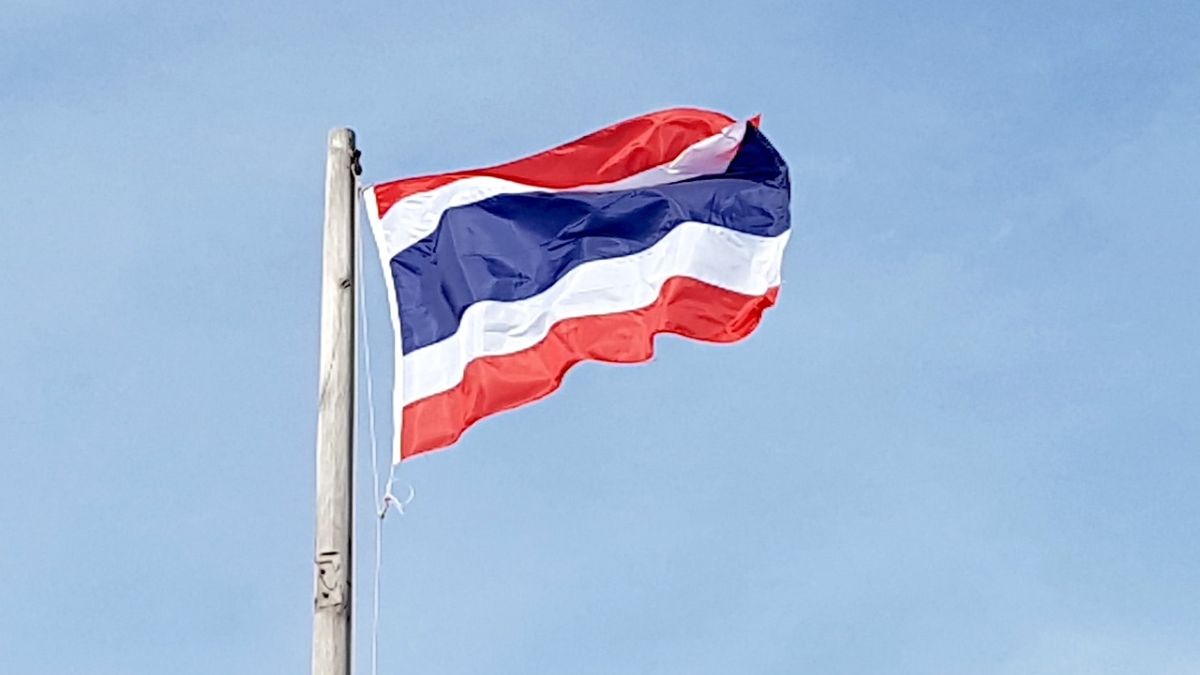Thailand’s Prime Minister, Srettha Thavisin, has been removed from office following a ruling by the Constitutional Court on Wednesday, August 14. The court found that Srettha failed to serve with integrity during the appointment of a minister who had previously served jail time.
Key Points:
- Reason for Removal: Srettha was dismissed for his involvement in appointing Pichit Chuenban, a minister who had been briefly imprisoned for contempt of court in 2008. The court ruled that Srettha’s actions grossly breached ethical standards.
- Implications: Srettha’s removal marks the fourth time in 16 years that a Thai prime minister has been ousted by a court ruling. His exit, after less than a year in power, means that the Thai Parliament must now convene to select a new premier. This development raises concerns about potential political instability in a country that has experienced coups and court rulings that have repeatedly toppled governments in the past two decades.
Context:
- Recent Court Rulings: Just last week, Thailand’s Constitutional Court dissolved the anti-establishment Move Forward Party, citing concerns that its campaign to reform the lese-majeste law, which criminalizes insults to the Thai crown, could undermine the constitutional monarchy.
- Economic Challenges: Srettha’s removal comes at a challenging time for Thailand’s economy, which is grappling with weak exports, high household debt, and difficulties faced by small businesses in securing loans. The government has forecasted modest economic growth of just 2.7% for 2024, trailing behind other countries in the region.
Economic Impact:
- Market Performance: Thailand’s main stock index has been Asia’s worst performer this year, with a decline of about 17% year-to-date. The ongoing political uncertainty could further affect investor confidence and market performance.


